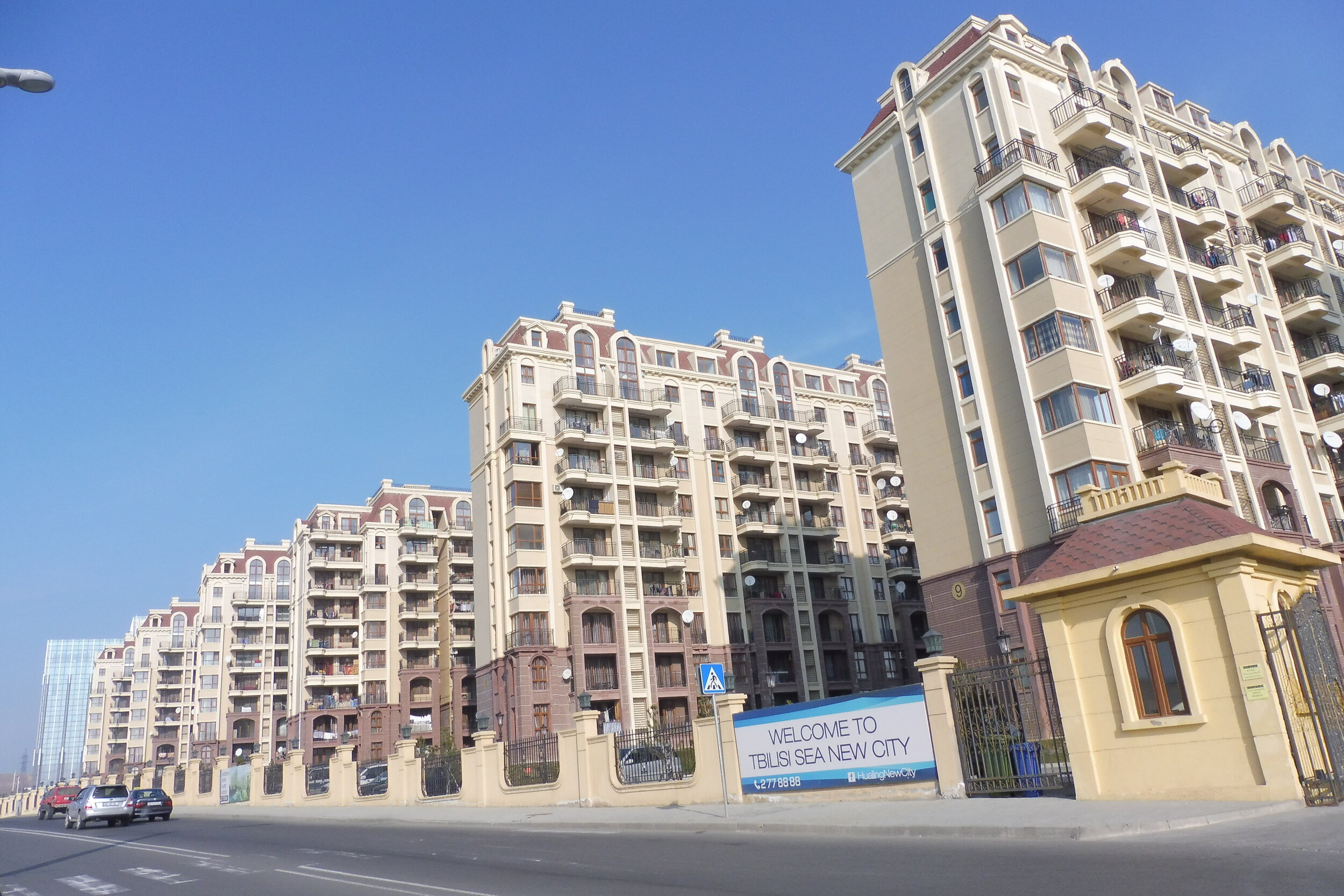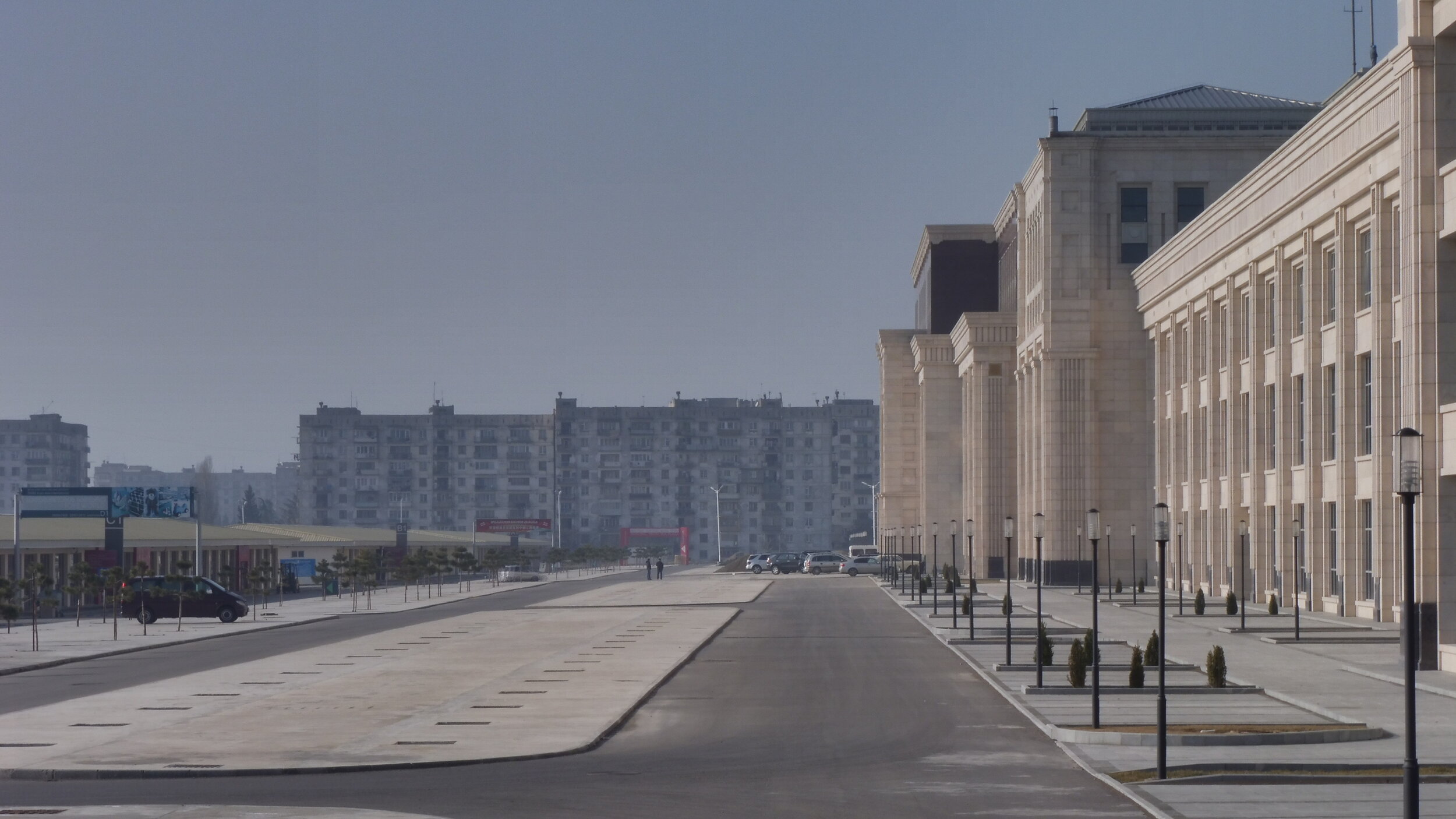SEZs + INCENTIVIZED URBANISM
Incentivizing urban development through Special Economic Zones (SEZs)
Throughout the world, economic zones are implemented by governments as opportunities to diversify national economies or to permit small areas of exceptional economic practice not allowed within the broader territory. Spatially demarcated zones can therefore act as areas of experimentation where new economic reforms are introduced as pilot projects before moving on to be implemented elsewhere across the country. In line with this, many governments use economic zoning policies to create what Jonathan Bach (2011, p. 100) calls ‘a spatial capital accumulation machine:’ a physically delineated territory that serves the interests of international corporations rather than the local citizenry. In realizing their goals, zones have had varied global success. Still, they continue to grow; while about 25 countries hosted a little over 75 zones in 1975, by 2015 that number grew to over 4,300 in 150 countries (The Economist, 2015). This research examines what incentivizing urban development through SEZs means for cities.
Our work on incentivized urbanism includes the following:
Full list of research
PUBLICATIONS
Gogishvili, D. (2021). Urban infrastructure in the framework of mega-event exceptionalism: Glasgow and the 2014 Commonwealth Games. Urban Geography, 1-24.
Gogishvili, D., & Harris-Brandts, S. (2019). Coinciding practices of exception in urban development: mega-events and special economic zones in Tbilisi, Georgia. European Planning Studies, 1999-2019.
Harris-Brandts, S. (2016). Decentralize, Desecularize, and Deregulate! The transformation of Kutaisi, Georgia. In MONU Journal , 25 Independent Urbanism, 86-91. Bruil & van de Staaij.
PRESENTATIONS
2024 - Central Eurasian Studies Society (CESS) Annual International Conference. Almaty, Kazakhstan, 6-9 June 2024. “Emirati Urban Development in the Global East: Illiberal Practices at Home or Imported Authoritarian City Building?” Harris-Brandts, S., Gogishvili, D., & Sichinava, D.
2022 - Bosch Alumni Network’s Sustainability Talks 2021. Berlin, Germany (*online); 30 November 2021. “Greenwashing for State Power Gain: The Manipulation of Iconic Eco Designs under Eurasia’s Authoritarian Regimes.” Harris-Brandts, S.



